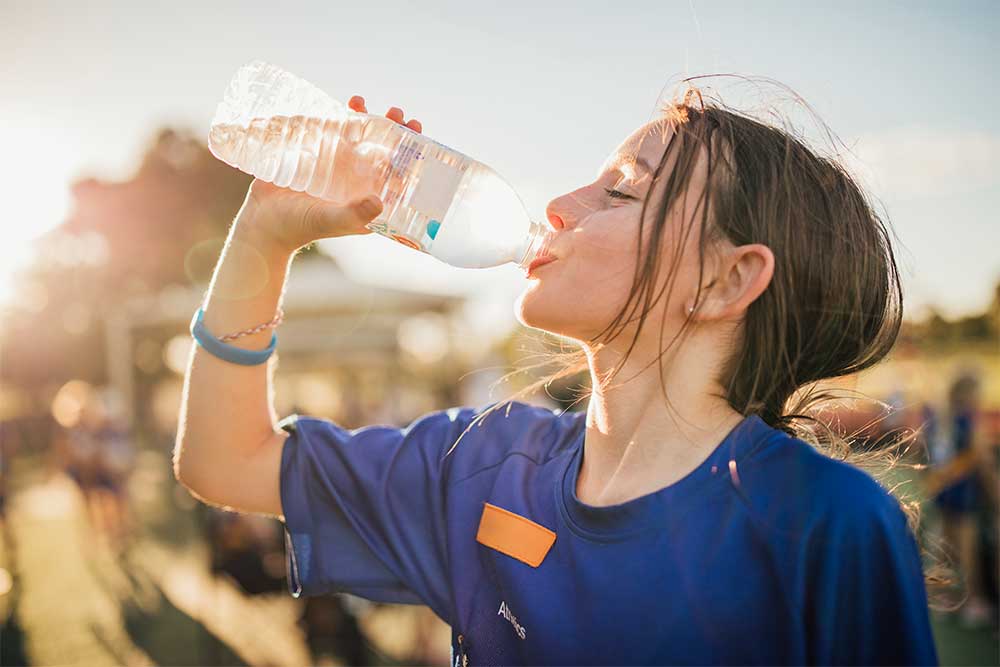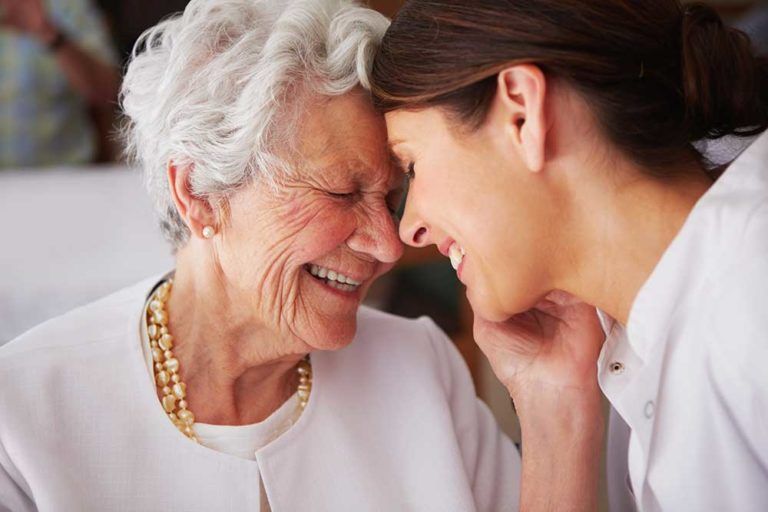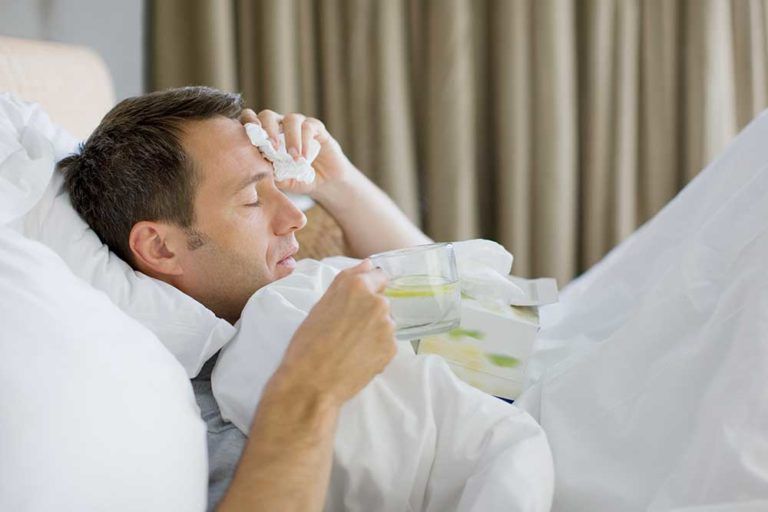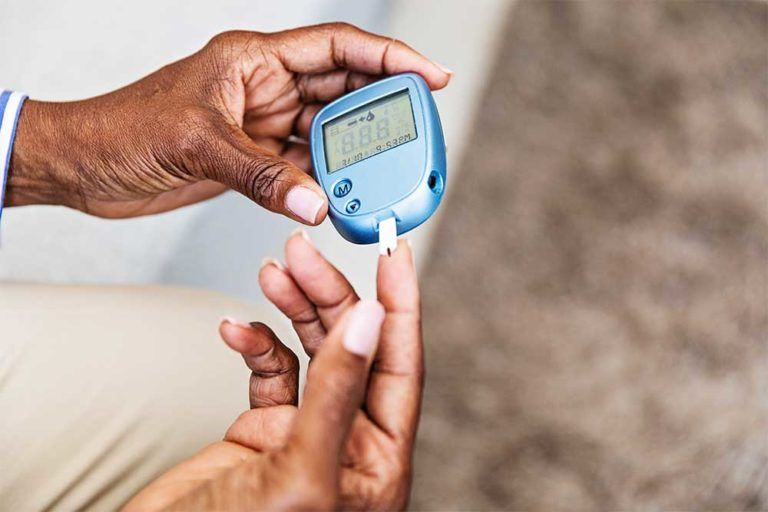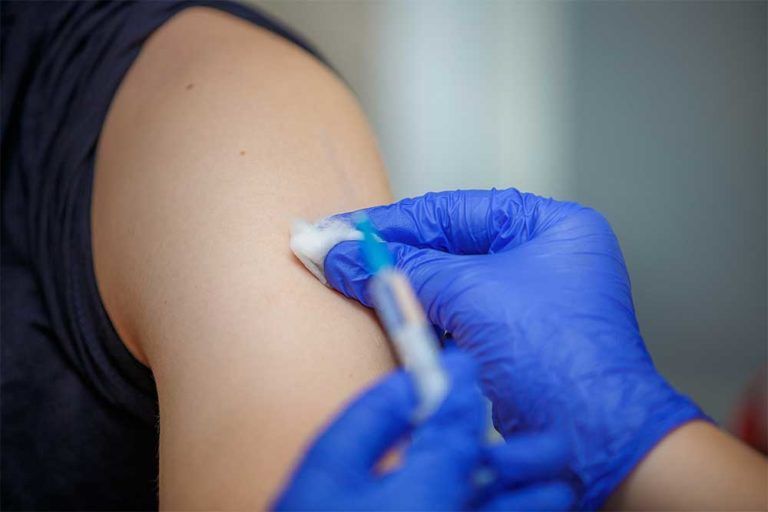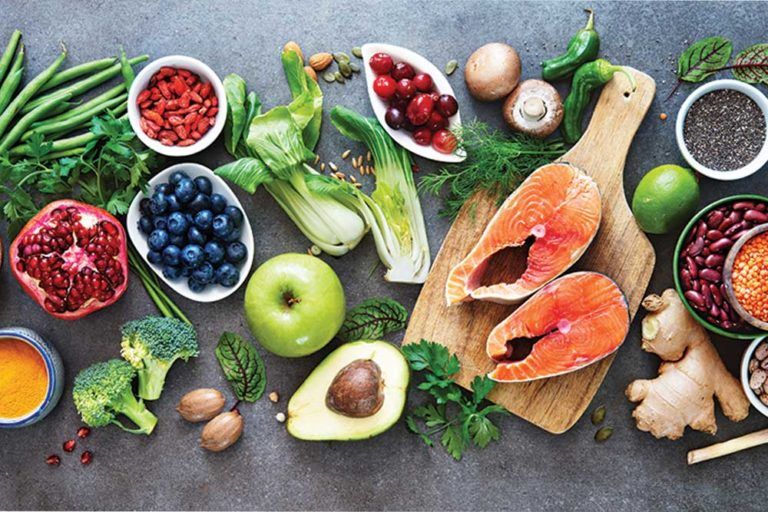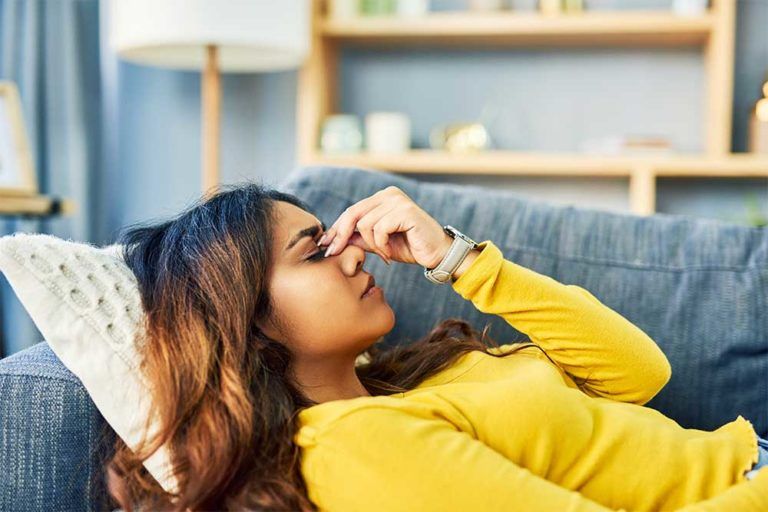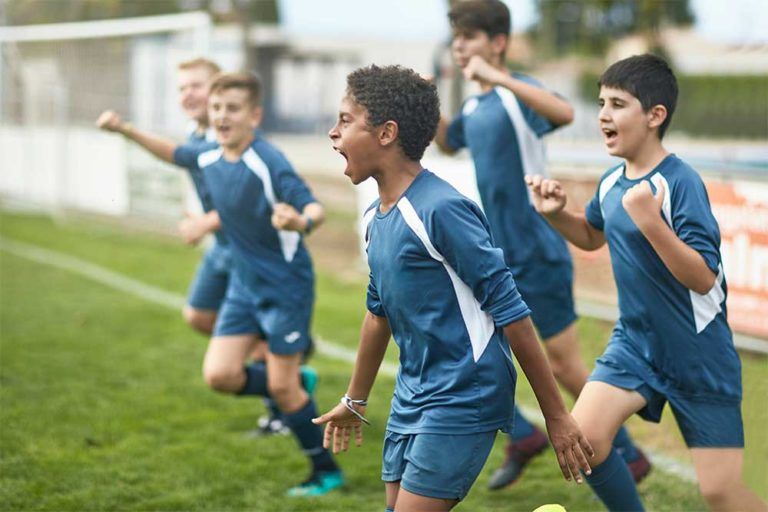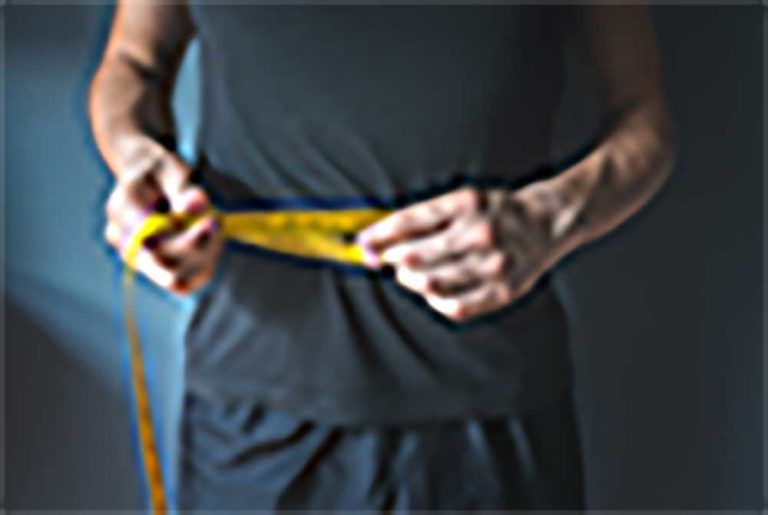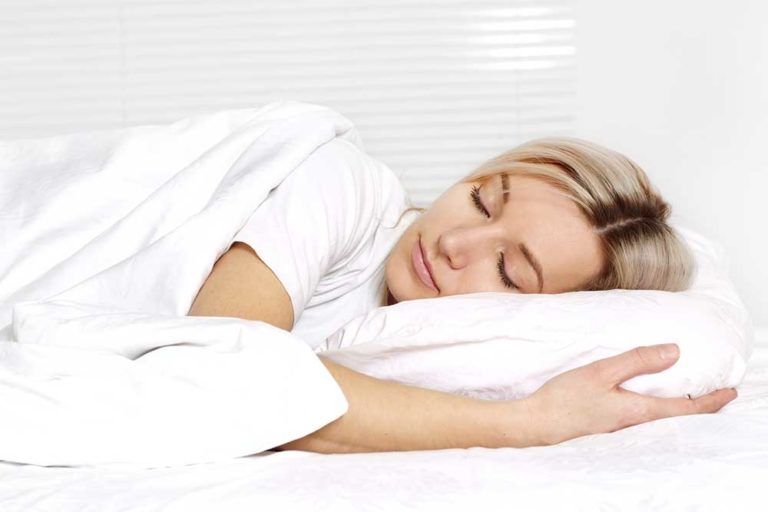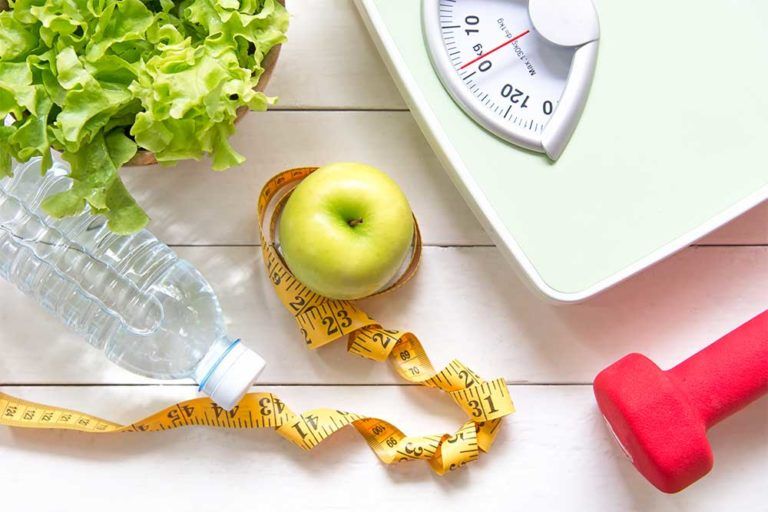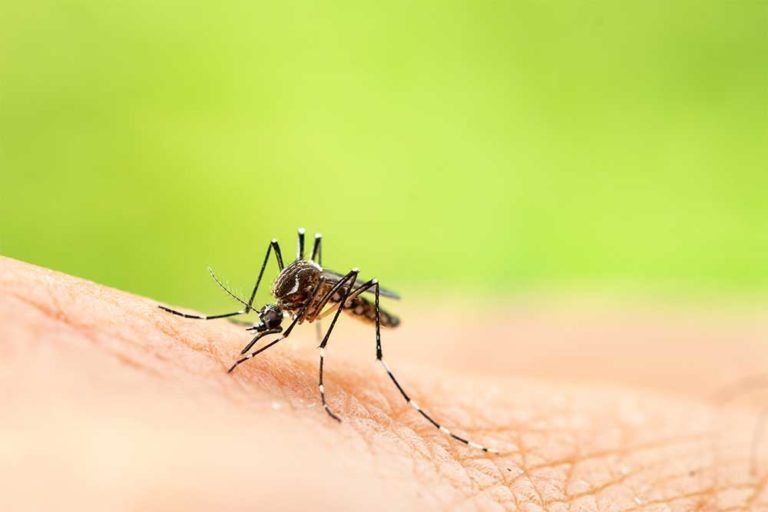How much water do you need to drink each day? That depends on a number of factors.
If someone were to ask you how much water you need to drink every day, what would your answer be? Many health experts suggest 64 ounces a day, or eight by eight (that is, eight glasses, where each glass has eight ounces of fluid in it), because it is easy to say and remember. Other experts say you should be drinking water all day, every day, even when you don’t feel thirsty. (They think almost everyone is dehydrated and should be drinking water continually to make up for it.)
But why is there so much emphasis on drinking water? To start with, you need to understand that water is the main ingredient in your body. How much of your body is made of water? The percentage varies from person to person according to age, gender, and weight, but a reasonable estimate is about 60 percent. Unfortunately, you are constantly losing some of that water through sweat, urine, and bowel movements.
Your body needs water to work correctly. For example:
- Water gets toxins out of your vital organs, helps nutrients reach your cells, and keeps the skin tissue in your ear, nose, and throat hydrated.
- One small study, which was published online in December 2011 and then again in the Journal of Nutrition in February 2012, looked at the effect of sweating on women who were exercising. Of those who participated, those women who lost as little as 1.36 percent of their water through sweat found that the loss affected their mood and their ability to concentrate. They were also more likely to experience headaches.
- Other studies published in the U.S. (1988), internationally (2001), and in Europe (2003) have shown that if someone is mildly dehydrated (that is, the person has lost one to three percent of the body’s water as a percentage of body weight because of heat or exercise), the brain doesn’t work as well.
- Yet more studies in Europe (2003) and the U.S. (1958 and 2007) have shown that mild dehydration affects endurance and physical performance. You can’t work as hard or as well if you are suffering from mild dehydration.
Being mildly dehydrated is a significant problem. Three percent of 150 is 4.5. Someone who weighs as little as 150 pounds could lose 4.5 pounds just as a result of exercise or being out too long in the hot summer sun.
Why else is water beneficial?
- It can help you lose weight. Drinking 16 ounces of cold water 30 minutes before a healthy meal helps you eat fewer calories; the older you are, the more efficient this strategy is.
- Water helps with constipation. It might also reduce the risk of bladder and colorectal cancer and kidney stones, although the evidence on this is mixed. Some studies found that increased water intake was helpful, and others didn’t. Many people think it helps keep acne under control and skin hydrated, although there aren’t any studies to date that prove or disprove this.
Robert Weiss, who is the chief of pediatric nephrology in New York’s Maria Fareri Children’s Hospital, which is part of the Westchester Medical Center, has said that the incidence of kidney stones in children has been increasing in the last decade or so. Experts think the cause is a combination of dehydration, poor food choices, and an unhealthy weight.
Do you have to drink just water, or can you get fluid from other sources? It turns out that many foods and drinks can have a significant effect on your fluid balance. Even though drinks with caffeine in them — such as tea and coffee — are diuretics, they are weak diuretics. That means you still get the benefit of most of the water in them. You can also find water in fruits, vegetables, meat, fish, and eggs. And, of course, don’t forget that you can infuse your water with flavor from fruits and herbs, and you can drink carbonated and sparkling water to add interest.
Thirst is a good guideline. If you are thirsty, drink something (preferably water). If you are sweating, or if you live in a hot, dry climate, drink something then too. Are you an athlete who demands a lot from yourself or are you sick and losing extra fluid as a result? You may need to replenish your electrolytes along with your water. Are you nursing? Drink more water than usual. Are you sick and experiencing diarrhea or vomiting? Drink as much water as you can.
Be particularly careful about how much water you drink when you get older because age can cause your thirst mechanisms to malfunction.
How much water do you need? The following rules will keep you adequately hydrated most of the time:
- Drink when you are thirsty.
- Stop when you have quenched your thirst.
- Drink more water when it is hot, when you are exercising, if you are nursing, or when you are losing extra fluid because of sickness.
When you are trying to decide if you need more water, think about your size, your weight, your activity level, and the local climate where you live. Remember, too, that you will get much of what you need from water-rich foods and other fluids besides water.
Is it possible to drink too much? Yes, because too much fluid can cause an electrolyte imbalance. Nausea, vomiting, headaches, fatigue, a coma, and even death can result. To be safe, listen to what your body is telling you. If you feel awful, even though you are drinking plenty of water, you should see one of our physicians and explain what you are doing and what you are experiencing. They will be glad to help you figure out just how much water you really do need.

